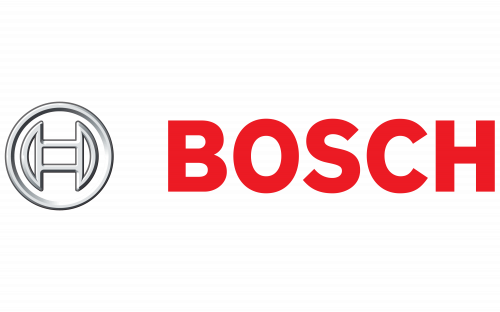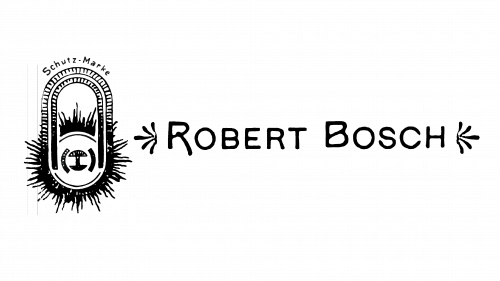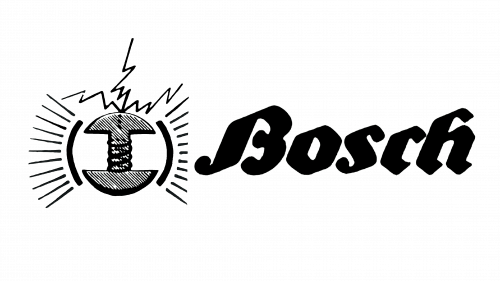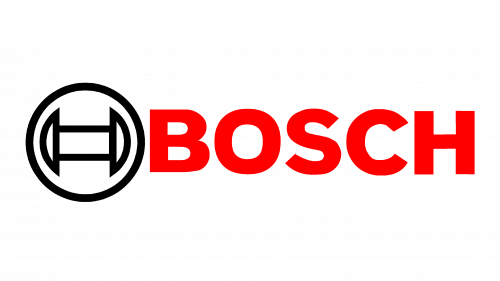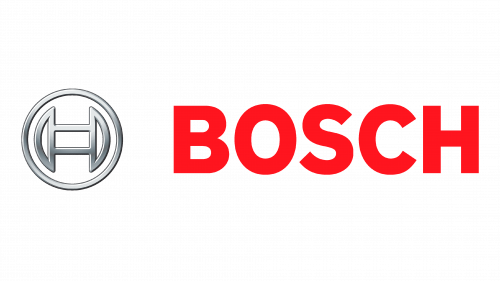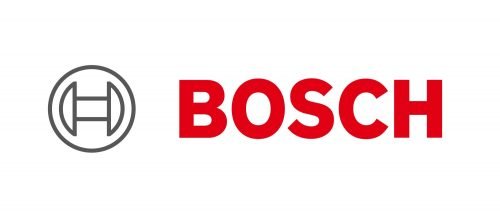Bosch is an iconic name in the household appliance industry. The company was formed in 1886 and still keeps its leading position on the world’s market today. The brand has a perfect reputation and is known for the highest quality of its products.
Meaning and history
Bosch is a legendary brand, which logo is instantly recognizable across the globe. The company’s visual identity was redesigned a few times during its history, but the main principles always remained the same: simplicity, clarity, and quality.
In the first years after its foundation, the company was focused on manufacturing magnetic ignition devices. The Bosch “burning magnet” trademark was registered in 1899 and was applied to every item produced.
What is Bosch?
Bosch is the name of a German domestic appliances manufacturer and engineering company, which was established in 1886, and today has its products and services available all over the globe. Apart from its main specialization, consumer electronics, Bosch also produces automotive parts, power tools, and engineering solutions for various needs.
1900 — 1907
The first Bosch logo was designed in 1900. It was composed of a wordmark with two ornaments on both sides and an emblem on the left.
The wordmark consisted of the company founder’s name, Robert Bosch, and was written in an elegant typeface with fine yet confident lines.
The first Bosch emblem was composed of a vertically located oval with a graphical representation of the burning magnet inside it and the electrical bolts and lines coming out of it.
1907 — 1914
In 1907 the Bosch logo was redesigned. The emblem changed to a circular form and kept the image of the magnet inside it, the magnet was placed vertically (from what we used to see on the latest Bosch logos).
The new wordmark features the only word “Bosch”, that was executed into a thick italicized typeface, with geometrical lettering.
1914 — 1925
The birth of today’s logo prototype. Bosch’s visual identity becomes more minimalist and modern. Now it is composed of all capital letters of the wordmark, executed in a traditional sans serif font with thick letters, that a spaced very close to each other.
The emblem features thin lines, which adds a sense of professionalism and simplicity. The iconic magnet symbol is now placed horizontally.
The color scheme of the 1914 logo was monochrome with the gray body of the letters.
1925 — 1981
The iconic today Bosch color palette was created in 1925. The red color for the wordmark is complemented by the black of the emblem. The logo is placed on a white background, which creates a perfect contrast.
The new typeface is finer and more elegant, the logo now looks more modern and neat.
The logo version of 1925 was the longest one for the brand and is still the basic logo for all the current modifications.
1981 — 2001
The redesign of 1981 included a new typeface and bolder lines of the emblem.
The nameplate became narrower, yet the letters themselves — thicker, the red color of the wordmark got a darker tone, which was brilliantly balanced by a strong and decent emblem.
2001 — 2018
In 2001 Bosch decides to change the logo into a more three-dimensional one. The emblem gets a silver-gray color and volume, while the lettering becomes bigger and brighter.
The “metal” emblem stayed with the brand for 17 years until the last brand’s redesign in 2018.
2018 — Today
The company decides to simplify its visual identity and changes its logo back to a 2D version but keeping the gray color scheme of it. The typeface remains almost unchanged, lines were only slightly refined.
The current Bosch logo is a representation of the brand’s heritage and power, it shows the company’s passion and progress, without sacrificing quality and research.
The strict and modest lines make the Bosch logo look sleek and stylish, while the bright color of the wordmark evokes a sense of warmth and energy, and the gray of the emblem — professionalism and trustworthy.
Font and color
The iconic Bosch logo uses a solid and bold sans-serif typeface for its wordmark, which looks powerful and confident, brilliantly reflecting the character and approach of a reputable company. The font of the inscription is very close to Typold Condensed Extra Bold and FF Mark W1G Narrow Heavy, with their thick letters slightly narrowed, yet perfectly balanced.
The red, gray, and white color palette of the Bosch visual identity is a representation of strength, confidence, and professionalism, though the use of gray instead of black makes the logo more delicate and elegant, showing the company’s value of style and individuality.


